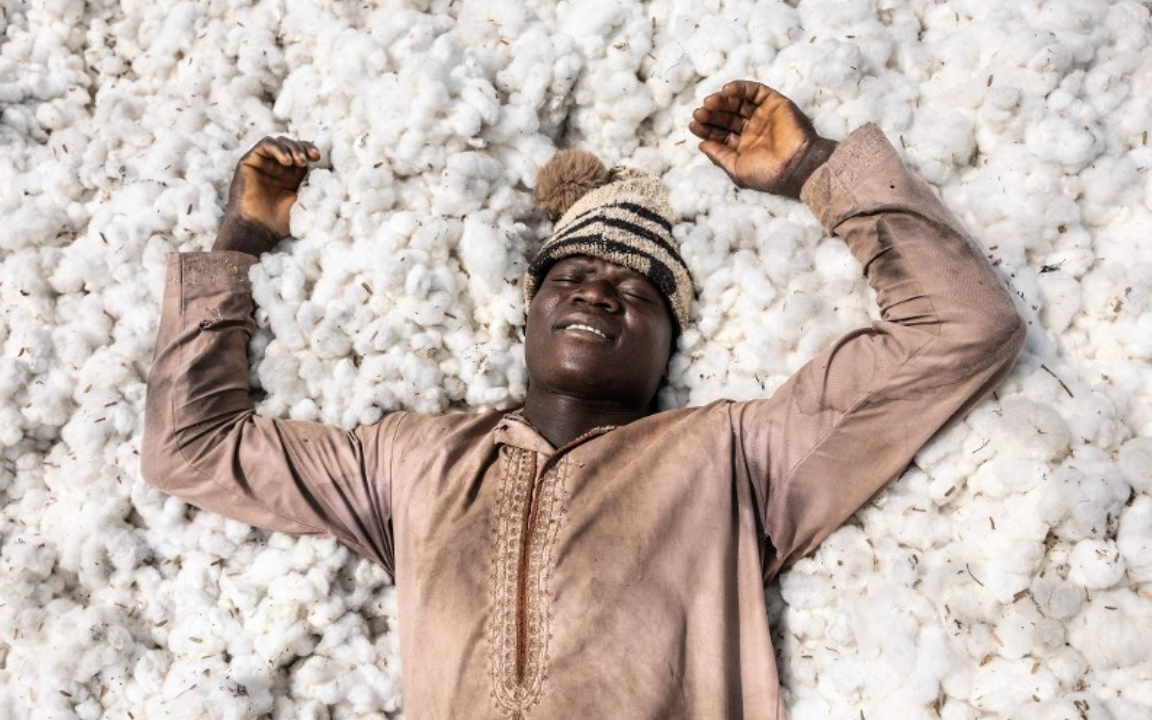Benin targets cotton industry for economic transformation: Video

In Benin, cotton isn’t just a crop; it’s the country’s "white gold" and the backbone of its economy.
With ambitions to become Africa's leading cotton producer, Benin is moving beyond raw exports to establish a robust textile industry.
The West African nation produced a record 765,000 tonnes of cotton in 2021, with most exported to Bangladesh and other countries. Efforts are now underway to process more of the fiber domestically.
"Benin is currently the largest cotton producer in Africa," said Letondji Beheton, General Manager of SIPI-BENIN SA. "We now process 40,000 tonnes annually across three integrated textile units. To fully transform our fiber production of 305,000 tonnes, we need about 30 such units," he told the AFP.
The government aims to attract investments to build these facilities within the next five to six years, fostering local manufacturing and job creation.
Agro-economist Nestor Ahoyo Adjovi highlighted the economic ripple effects. "This will create direct and indirect jobs, generate income, and stimulate growth across related services," he said.
While Benin's cotton potential is promising, producers face challenges. "Last year, I harvested 4,400 tonnes, but this season's yield is uncertain," said farmer Mathias Azonnoudo, citing unpredictable factors impacting production.
Between 2017 and 2019, cotton production in Benin grew by 13.4%, reaching a record 678,000.3 tonnes in the 2018-2019 season, up from 597,573.2 tonnes the previous year.